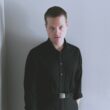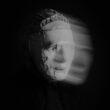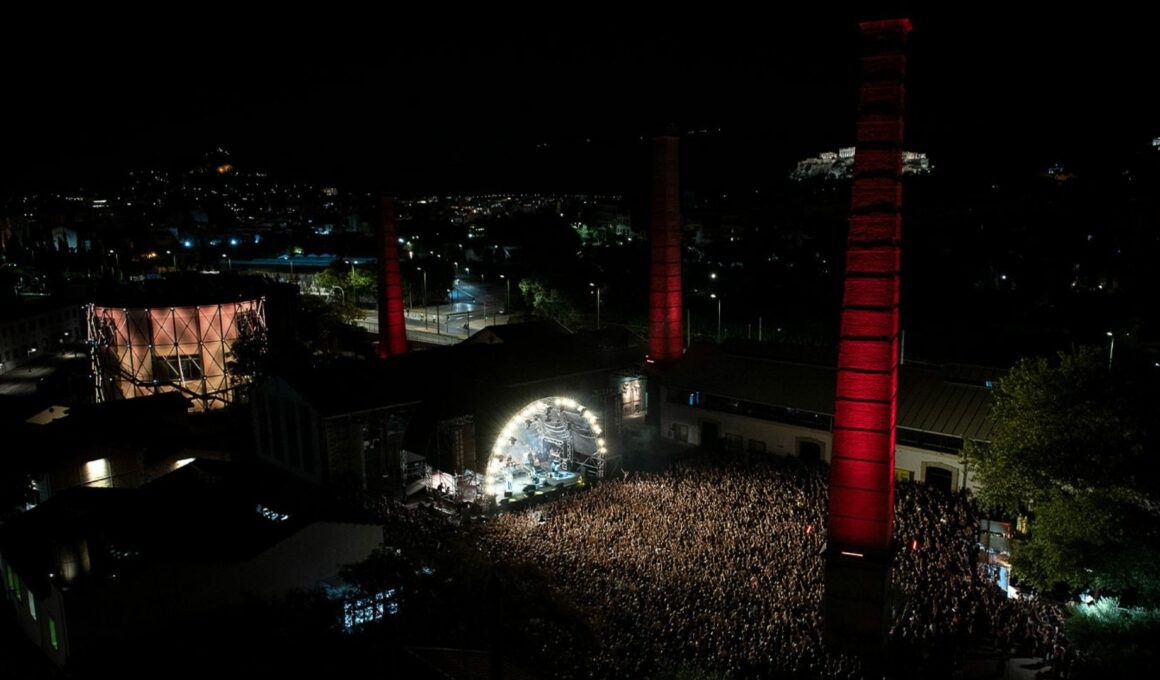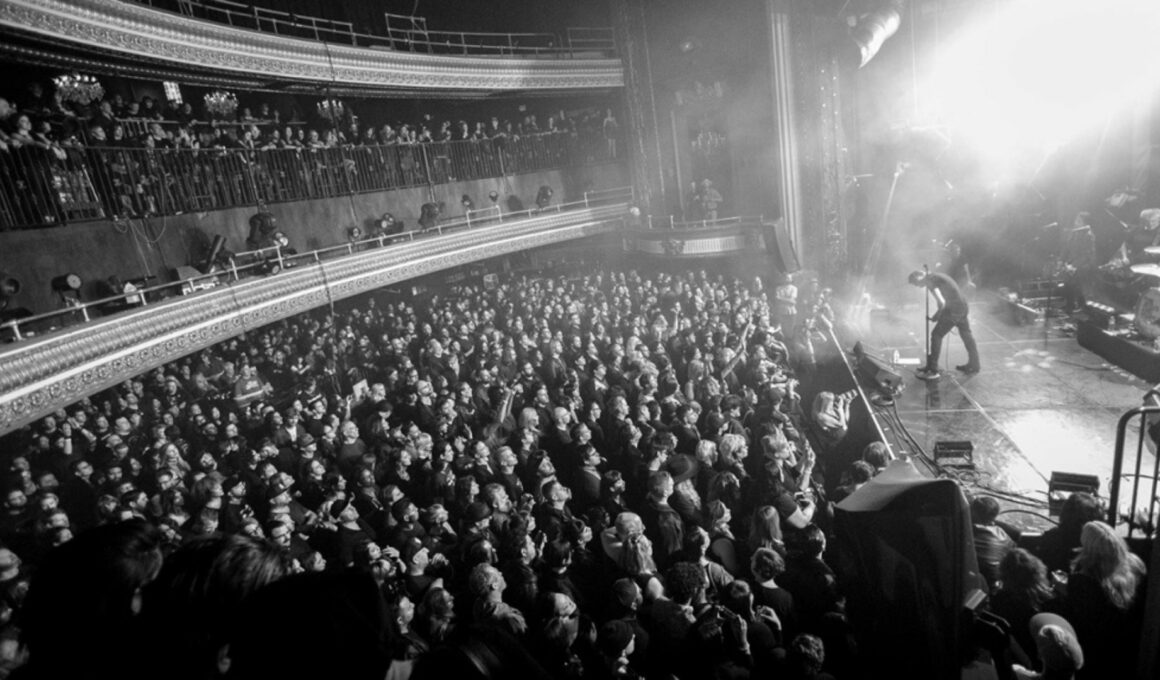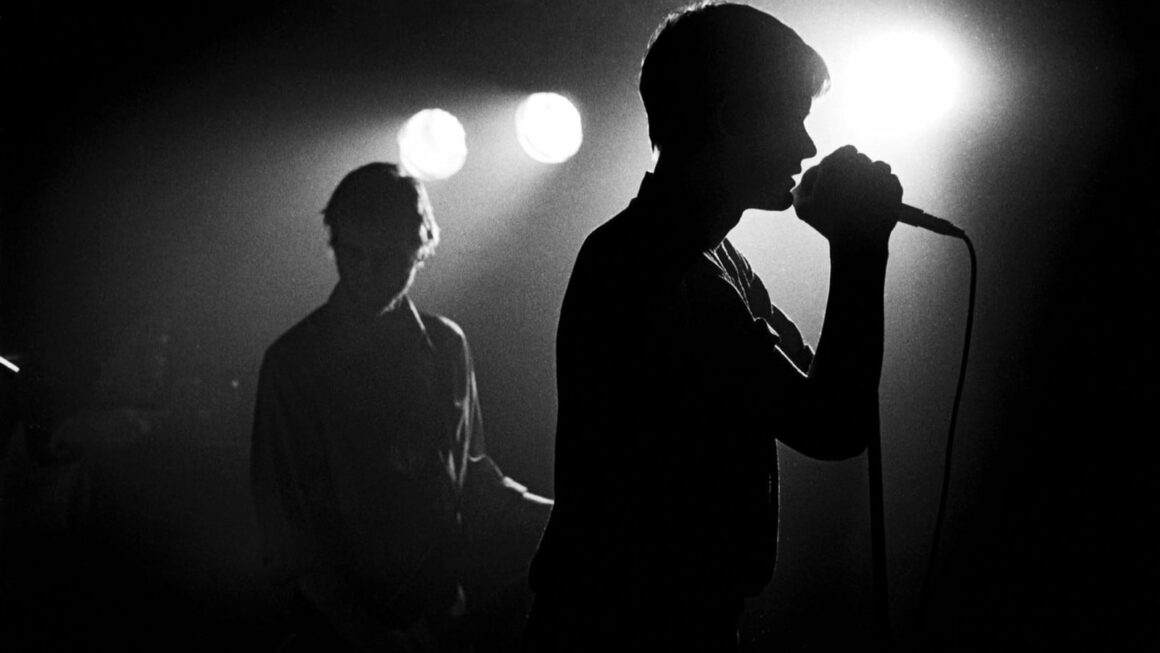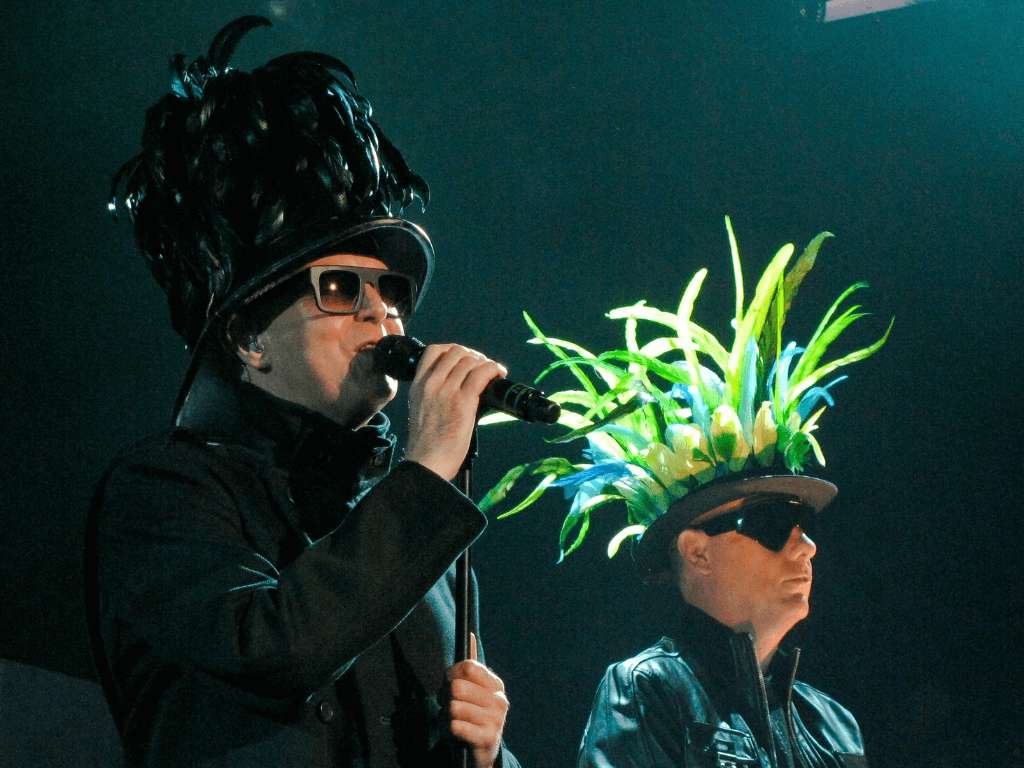
Song Stories: Pet Shop Boys’ “West End Girls”
Looking back at the tedious process behind the success of the 1986 synth-pop classic.
Pet Shop Boys’ “West End Girls” as we know it today is in fact a re-recorded, re-released version. The song was originally written in 1983 and first released in 1984. It was a club hit in the US and Europe but only available in the UK as a 12-inch import, just as the duo had wanted.
Neil Tennant had met producer Bobby Orlando while being in America. Orlando, hoping to record a rap song with an English accent, booked the band to record a number of songs with him. Unfortunately, the venture was not a success and so they parted acrimoniously. To that came that the duo needed to wait a year before releasing anything else.
That something else was “Opportunities (Let’s Make Lots of Money)”, which soon turned out not to be a success either. Therefore, the duo’s thoughts turned back to “West End Girls” and they decided to re-record it with producer Stephen Hague. This version was slow-burning and far less club-oriented than Bobby Orlando’s original.
When “West End Girls” was officially released in the UK in 1985, it was unlike anything else around. Tennant’s half-spoken, half-sung vocals, the synth-pop soundscape and infectious rhythm were unique. The tune of the song as we know it today was constructed almost entirely from drum machines, synthesizers and sequenced sounds. Eventually topping the charts in both the UK and US in 1986, the song proved to be an absolute hit.
What was particularly noticeable was Neil Tennant’s love of history and literature which shone through the lyrics. References included parts of T. S. Eliot’s The Waste Land and To the Finland Station by Edmund Wilson. Some comments have suggested that the Eastern European references may be due to the fact that it was recorded as the Cold War was coming to a close. What is clear is the differing perspectives of the lyrics, which shift throughout the song, and the feeling of bleakness. Living in a “dead-end world” where “we’ve got no future, we’ve got no past” has resonated with so many over the years.
Pet Shop Boys’ lyrics have always been an accurate reflection of the world as they see it. They are often a social commentary wrapped up in a perfect pop tune. “West End Girls” describes inner-city life, specifically a typical night on the London club scene. The lyrics contrast the upmarket West End girls with the more working-class East End boys, and the video reflects these contrasts pretty well. It’s all about forgetting about daily life, being out in the city at night and having fun. Class, money and standing could be forgotten for a while. Escape was the order of the day – or night.
That iconic opening couplet “Sometimes you’re better off dead, there’s a gun in your hand and it’s pointing at your head” came to Tennant as he was watching one of James Cagney’s gangster movies, although he doesn’t recall which one. Incidentally, The Dive Bar was actually a real place, in Chinatown, beneath the Kings Head pub. It closed in 2004 but was quite the trendy place to hang out before then. Some people consider that the line “running down underground” could refer to being in the tube, but the Dive Bar was a basement club so that interpretation is equally valid.
An explicit reference to the class system so prevalent in British society comes in the question “How much have you got?” The size of your salary was an important social marker for City employees. If you didn’t have money, you weren’t going to get anywhere. This feeling has only intensified over the intervening years, and this line in particular is especially relevant to many today, with constant struggles to make ends meet for many people.
“Which do you choose, a hard or soft option” could refer to the variety of entertainment options available in the West End, from theatres and cinemas to Soho and a variety of bars and clubs. As with many Pet Shop Boys songs, the lyrics are totally asexual and can be interpreted by and for anyone. Tennant has said “West End Girls“ does not have a queer perspective, it’s more about general attraction. He has also admitted that he feels slightly jealous that Factory Records beat them to the hi-NRG disco style of music favoured by gay clubs, but that “West End Girls” was an indication of where the sound was going.
The music video was shot in and around the areas of London mentioned in the lyrics, with the duo establishing what became their standard characters. Neil Tennant actively addresses the camera, speaking and singing, while Chris Lowe is behind him, frequently with a disinterested gaze or a blank expression. On MTV, the video to the song achieved a life of its own. This was due to the fact that The Pet Shop Boys didn’t tour until 1989, and so the video was the only way fans had of seeing them.
Ultimately, the duo’s look and sound proved to be the winning formula, setting The Pet Shop Boys on a prolonged period of success. Through that, they even made it on the cover of Tennant’s former employer Smash Hits Magazine, where he had been an assistant editor before finding musical fame. “West End Girls” itself has become an enduring classic. Neil Tennant says he would have named “Good Vibrations” as the best, but admits music preference is always subjective. In this case, a perfect chance to live out the title of their first single, “Opportunities (Let’s Make Lots of Money)”.
Featured Image by Anirudh Koul

